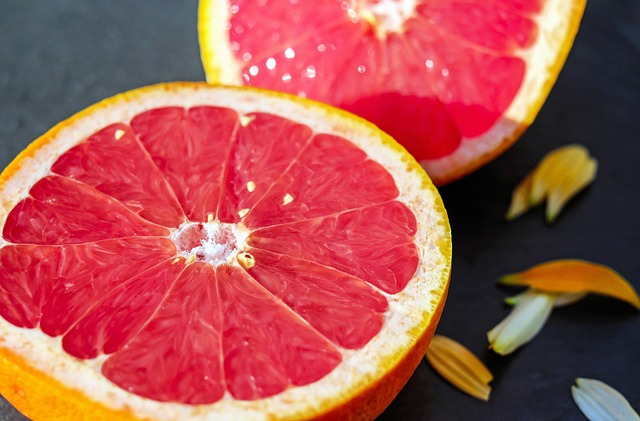The Mechanisms Behind Probiotics’ Anti-Inflammatory Properties
Probiotics are live microorganisms that offer numerous health benefits to the host. These beneficial bacteria are mainly known for their ability to support digestive health. However, latest studies have shown that probiotics can also modulate the immune system and exert anti-inflammatory effects in the body.
Understanding inflammation
Inflammation is a natural reaction of the body’s immune system to harmful stimuli, such as pathogens, toxins, or damaged cells. It is a complex process that involves various immune cells, cytokines, chemokines, and other mediators. Acute inflammation is a protective response that aims to eliminate the source of the injury and promote tissue repair. However, chronic inflammation can lead to tissue damage, organ dysfunction, and several chronic diseases. These include inflammatory bowel disease, rheumatoid arthritis, type 2 diabetes, cardiovascular disease, and cancer.
Probiotics and inflammation
Several studies have investigated the potential of probiotics to reduce inflammation in various tissues and organs of the body. The underlying mechanisms are still under investigation; however, some proposed mechanisms are:
- Regulating immune cell function: Probiotics can modulate the activity of immune cells, such as T cells, B cells, macrophages, and dendritic cells. For example, they can suppress the production of pro-inflammatory cytokines, such as interleukin-6 (IL-6) and tumor necrosis factor-alpha (TNF-alpha), and enhance the production of anti-inflammatory cytokines, such as interleukin-10 (IL-10).
- Improving intestinal barrier function: Probiotics can strengthen the intestinal barrier and prevent the leakage of harmful molecules, such as lipopolysaccharides (LPS), from the gut lumen into the bloodstream. LPS is a potent pro-inflammatory molecule that can trigger the production of inflammatory cytokines and promote systemic inflammation.
- Modulating gut microbiota composition: Probiotics can alter the composition and diversity of gut microbiota, which can impact the local and systemic immune response. For example, they can increase the abundance of beneficial bacteria, such as lactobacilli and bifidobacteria, and decrease the abundance of harmful bacteria, such as clostridia and enterobacteria. The imbalance of gut microbiota has been linked to several inflammatory diseases.
- Reducing oxidative stress: Probiotics can scavenge free radicals and reduce oxidative stress, which is a contributing factor to inflammation and tissue damage. They can increase the activity of antioxidant enzymes, such as superoxide dismutase (SOD) and catalase, and decrease the levels of reactive oxygen species (ROS) and malondialdehyde (MDA).
Specific strains and their anti-inflammatory effects
Not all probiotic strains have the same anti-inflammatory properties, and the effect may depend on the dose, duration, and administration route. Some of the most studied strains and their potential benefits are:
- Lactobacillus acidophilus: This strain can suppress the production of pro-inflammatory cytokines and increase the levels of anti-inflammatory cytokines. It has been shown to alleviate symptoms of inflammatory bowel disease, reduce insulin resistance, and improve lipid profile.
- Bifidobacterium bifidum: This strain can enhance the intestinal barrier and reduce the levels of LPS in the bloodstream. It has been shown to improve the symptoms of ulcerative colitis, rheumatoid arthritis, and atopic dermatitis.
- Bifidobacterium longum: This strain can reduce the levels of pro-inflammatory cytokines and increase the levels of anti-inflammatory cytokines. It has been shown to reduce symptoms of irritable bowel syndrome, improve cognitive function, and enhance immunity.
- Lactobacillus rhamnosus: This strain can reduce the levels of pro-inflammatory cytokines and increase the levels of anti-inflammatory cytokines. It has been shown to prevent respiratory and urinary tract infections, reduce symptoms of atopic dermatitis and eczema, and protect against antibiotic-associated diarrhea.
Conclusion
Probiotics are promising agents for combating inflammation and reducing the risk of chronic diseases. They can modulate the immune system, improve intestinal barrier function, alter gut microbiota composition, and







